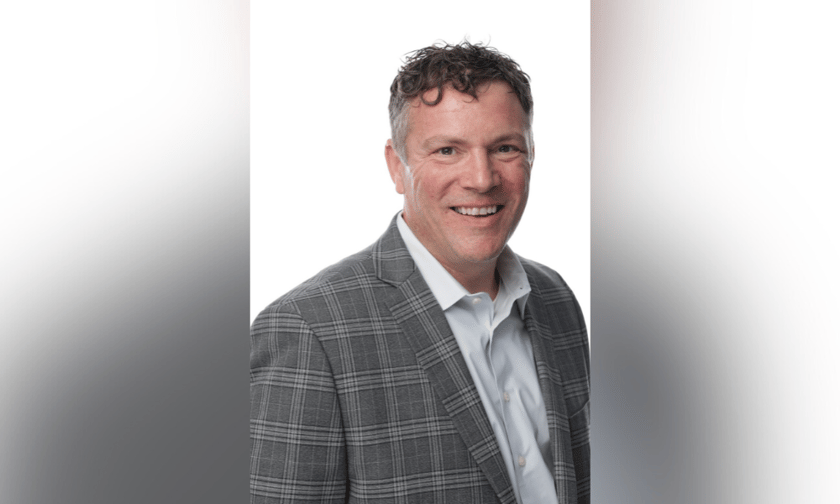

CPAs are no longer just crunching numbers - they're navigating lawsuits, compliance mazes and fraud fallout. And many firms don’t realize how exposed they really are.
The accountant's role has morphed into something more complex and liability prone. With firms offering services like investment consulting, offshore outsourcing, and even insurance sales, they’ve entered regulatory minefields - without necessarily updating their risk protections. Tax-related claims now account for over half of the liability cases at McGowan Program Administrators, and exposure is only growing.
Dogan Tuncel (pictured), the national program manager at McGowan, experiences this shift in real time. With over two decades in underwriting and risk management, he works with accounting firms across the US to identify weak spots in their coverage - and finds that many still rely on outdated E&O policies that don’t reflect their evolving work. His message is clear: If your insurance hasn’t adapted to your new business model, you're gambling with your firm’s future.
In a push to diversify revenue and better serve clients, accounting firms are branching out into advisory services, fractional CFO roles, investment consulting, and even life insurance sales. These services mark a departure from traditional accounting and bring a corresponding rise in liability - especially as firms turn to offshore outsourcing to fill staffing gaps.
“Is there oversight by the firms for the work that’s being done?” Tuncel said. “We have to look at how their engagement letters and contracts with clients reflect transparency.”
Complicating matters further is the growing tangle of regulatory obligations. In sectors like cannabis, firms are navigating legal grey zones between federal and state tax rules. And fallout from the pandemic-era Employee Retention Credit (ERC) program has introduced yet another layer of risk.
“There’s been a lot of fraud that we’re seeing,” Tuncel said. “So, CPAs are navigating that and identifying the fraud where people are taking advantage of the ERC.”
Technology was once seen as a solution, but the industry’s growing dependence on tax software can create a false sense of security.
“They’re expecting the software to be the be all, end all,” Tuncel said. “Yet there needs to be some oversight. Software is as good as the information you give it.”
This combination of broadened services, increased oversight, and reliance on automation is reshaping how claims emerge. Tax-related issues, often simple filing errors or missed deadlines, now account for roughly 65% of the claims McGowan sees.
“Those can just be simple errors, email failures, you know, to submit,” Tuncel said.
While tax claims dominate in frequency, audit-related claims carry the most financial weight. Oversights such as failing to detect fraud or compromised independence can lead to substantial payouts and lasting reputational damage. Even long-term client relationships, which may feel secure, can turn into unexpected liabilities.
“They’ve been with them for years, so they have this feeling that we’re not going to litigate, because you guys are my friends,” Tuncel said. “But third-party claims can also come from that. The relationship can also go sour.”
New federal mandates like the Corporate Transparency Act (CTA) are pushing CPAs further into compliance roles—often without clarity on their legal obligations.
“It's pertinent now. Accountants were coming to us for guidance. They were asked to do it,” Tuncel said.
But while the profession evolves, many firms are still relying on outdated errors and omissions (E&O) policies. Tuncel warned that generic coverage often lacks specificity, leaving firms exposed to services they didn’t realize weren’t covered.
“They don't define what accounting is, or they don’t really identify what they're covering specifically,” he said.
That’s where McGowan’s CPA One Pro policy comes in. Designed to accommodate the modern CPA’s service range - from trustee work to business valuation and litigation support - the policy offers both flexibility and breadth.
“If a firm is doing things outside the scope, our policy accommodates that,” Tuncel said.
Risk management is another major focus. Firms that use engagement letters, include mediation clauses, and follow other best practices can even receive premium credits.
“If a firm is doing those things, then it’ll benefit them and it’ll also benefit the carrier because I'm not going to be paying out the claim,” he said.
Subpoena coverage and protection against disciplinary actions are also becoming essential, particularly as state boards and the AICPA ramp up oversight. Even when CPAs haven’t made an error, just being pulled into legal proceedings can carry real costs.
“They may not have done anything wrong, but they could be in the middle of a divorce case,” Tuncel said. “You want to make sure there's subpoena coverage.”
In today’s environment, CPAs are not just accountants - they’re also compliance officers, advisors, and risk managers. Those who haven’t revisited their insurance coverage may be operating under a false sense of security.
“Recognizing that the business of accounting has fundamentally changed is the first step,” Tuncel said. “And if their insurance coverage hasn’t changed with it, the gap may prove costly.”
